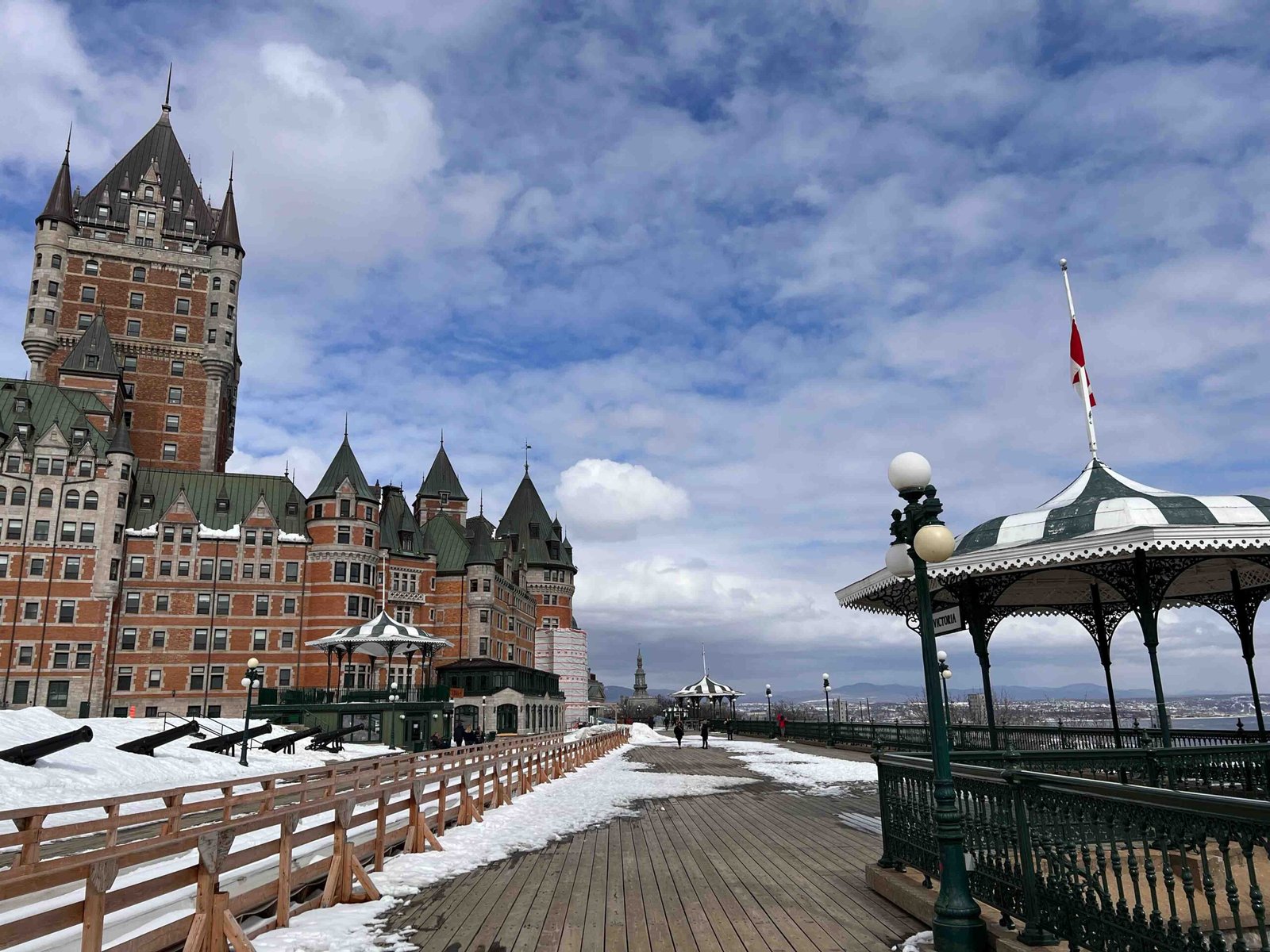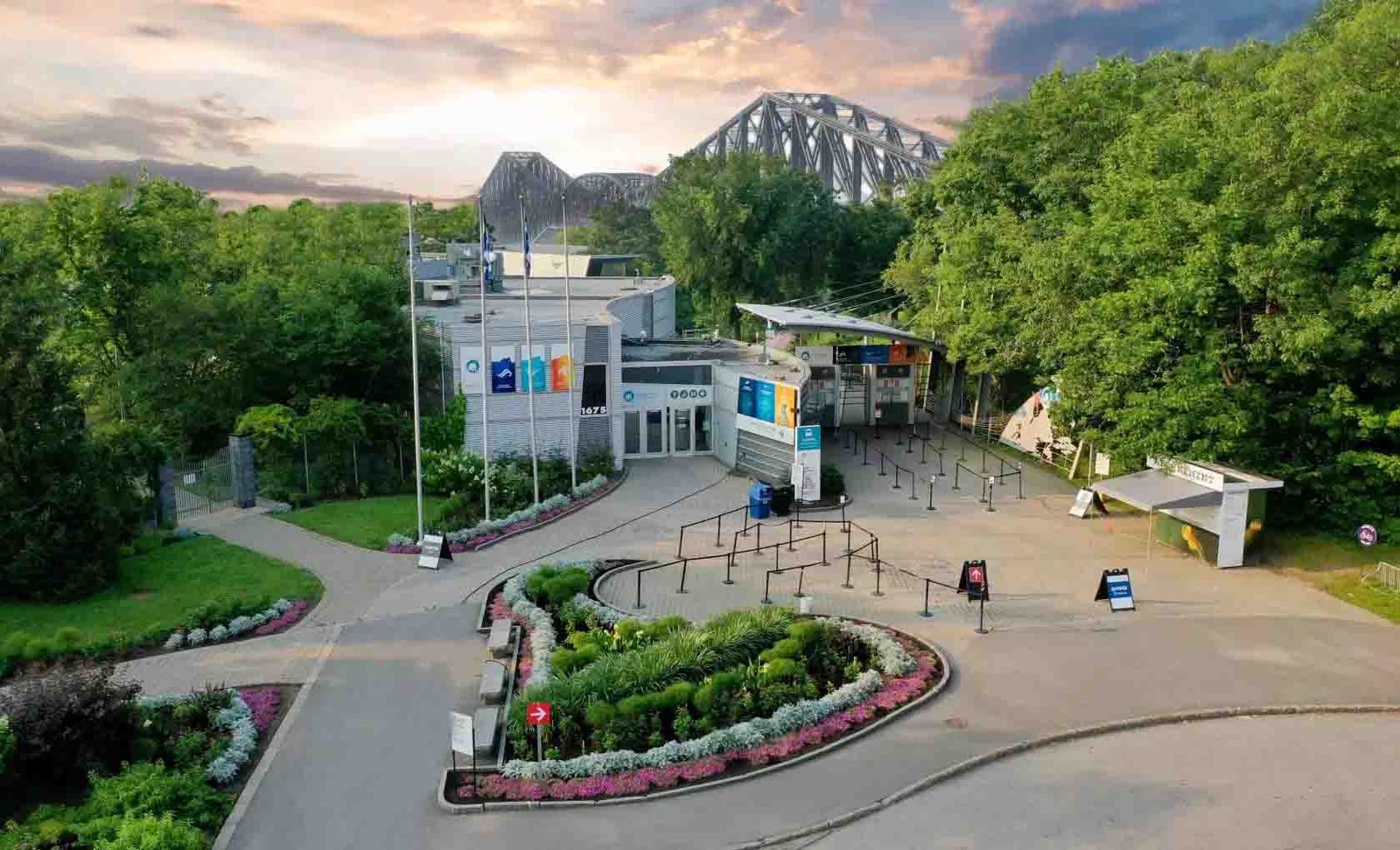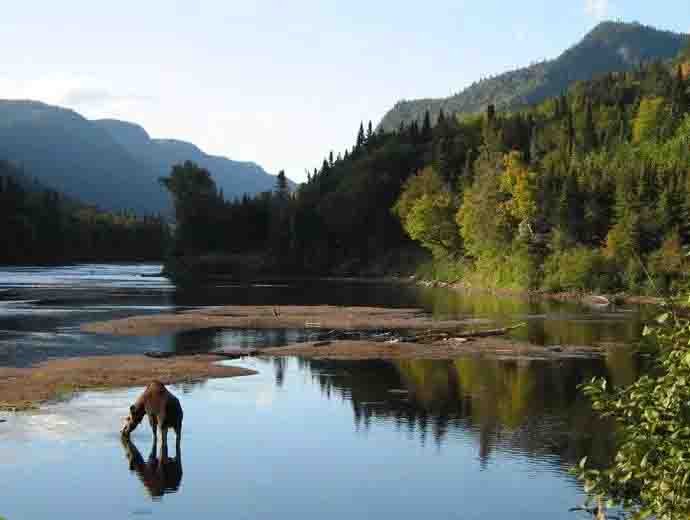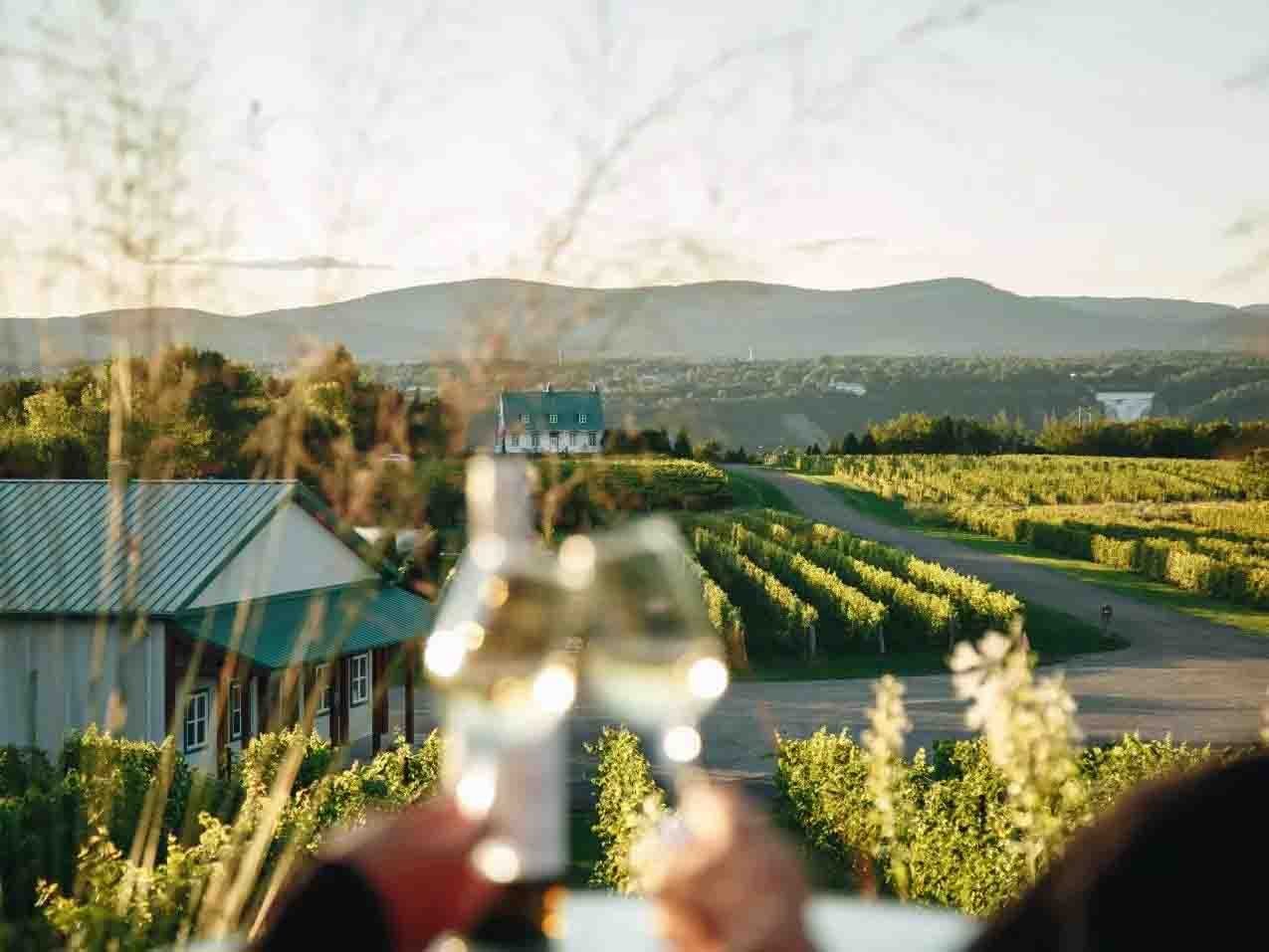The Mi’kmaq of Prince Edward Island have a rich and complex history that is often overlooked in mainstream Canadian society. As the first peoples of the island, they have faced numerous challenges since the arrival of European settlers. Despite these struggles, the Mi’kmaq have demonstrated remarkable resilience and have worked tirelessly to preserve their language, culture and traditions. Today, there is a growing movement towards reconciliation and collaboration between Indigenous and non-Indigenous communities, with a focus on empowering Indigenous peoples and advancing their rights. In this article, we will explore the history, culture and contemporary issues facing the Mi’kmaq of Prince Edward Island.
The Mi’kmaq: The First Peoples of Prince Edward Island
The Mi’kmaq are the first peoples of Prince Edward Island, having inhabited the region for thousands of years before European settlers arrived. The Mi’kmaq culture is deeply rooted in the land and sea, with a strong connection to nature and the environment. They are known for their unique language, art, music, and spiritual beliefs, which have been passed down through generations. The Mi’kmaq were traditionally a semi-nomadic people who lived in harmony with the natural world. They relied on hunting, fishing, and gathering for their subsistence and developed sophisticated techniques for managing resources sustainably. The arrival of European settlers in the 17th century disrupted this way of life and led to significant changes for the Mi’kmaq people. Despite centuries of colonialism, assimilation, and forced relocation, the Mi’kmaq have shown remarkable resilience in preserving their culture and traditions. Today, they continue to assert their rights as sovereign nations and work towards self-determination. The Mi’kmaq Confederacy of PEI is an organization that represents the interests of all Mi’kmaq communities on the island. Through their leadership and advocacy, they have made significant strides in protecting Mi’kmaq rights and advancing reconciliation with non-Indigenous communities. The history of the Mi’kmaq on Prince Edward Island is a testament to their enduring strength and resilience in the face of adversity.
Early Contact with European Settlers
Early contact with European settlers had a profound impact on the Mi’kmaq people of Prince Edward Island. The arrival of Europeans brought trade opportunities, but also disease and conflict. French explorers first made contact with the Mi’kmaq in the early 16th century, and by the mid-18th century, British settlers had established a permanent presence on the island. These settlers brought with them a different way of life that clashed with traditional Mi’kmaq culture. The Mi’kmaq were forced to adapt to new economic systems, including commercial fishing and farming, which disrupted their traditional hunting and gathering practices. As a result, they struggled to maintain their way of life and faced significant challenges in preserving their cultural heritage. Additionally, the introduction of European diseases like smallpox devastated Mi’kmaq communities and resulted in significant population declines. Despite these challenges, the Mi’kmaq demonstrated remarkable resilience and resourcefulness in adapting to changing circumstances. They continued to maintain strong connections to their traditional lands and cultures while also adapting to new economic opportunities presented by European contact. Overall, early contact with European settlers marked a significant turning point in the history of the Mi’kmaq people, shaping their experiences and influencing their ongoing efforts to preserve their culture and assert their rights as Indigenous peoples.
Struggles and Resilience: The Mi’kmaq Experience on Prince Edward Island
The Mi’kmaq people of Prince Edward Island have experienced significant struggles throughout history, but their resilience and perseverance have helped them overcome these challenges. In the early years of European contact, the Mi’kmaq were forced to adapt to changes in their way of life, including the introduction of new diseases and the depletion of natural resources. As European settlers began to establish permanent settlements on the island, the Mi’kmaq faced increasing pressure to assimilate to European culture and religion. Despite these challenges, the Mi’kmaq have maintained their unique identity and culture through the generations. In recent decades, there has been a renewed effort to recognize and honour the contributions of Indigenous peoples, including the Mi’kmaq. However, this process has not been without its difficulties. The legacy of residential schools and other colonial policies has left deep wounds within Indigenous communities, including those on Prince Edward Island. Nonetheless, the Mi’kmaq have continued to demonstrate remarkable resilience in the face of these challenges. Through their ongoing efforts to preserve their language and cultural traditions, they are reclaiming their place as proud members of the island’s diverse community.
Efforts to Preserve Indigenous Language and Culture
Efforts to preserve the Indigenous language and culture of the Mi’kmaq on Prince Edward Island have been ongoing for decades. The Mi’kmaq people have a rich cultural heritage that is closely tied to their language, which is an important aspect of their identity. In recent years, there has been a renewed interest in preserving the Mi’kmaq language and passing it on to future generations. The Mi’kmaq Language Revitalization Program was established in 1993 to promote the use of the Mi’kmaq language and develop resources for language learners. The program has been successful in developing educational materials, such as textbooks, workbooks, and dictionaries, to support language learning in schools and communities. There are also immersion programs available for children to learn the language from a young age.
Efforts to preserve Indigenous culture have also been focused on traditional practices, such as hunting, fishing, and gathering. These practices have been passed down through generations and are an important part of Mi’kmaq culture. The Mi’kmaq have been working with non-Indigenous organizations to protect the environment and natural resources that are essential to their way of life. Traditional knowledge is being shared with the wider community through cultural events such as powwows and storytelling sessions.
Overall, the efforts to preserve Indigenous language and culture on Prince Edward Island reflect a commitment to honouring the history and traditions of the Mi’kmaq people. By passing on their language and cultural practices to future generations, the Mi’kmaq are ensuring that their heritage will continue to thrive for years to come.
Celebrating Indigenous Heritage: Powwows and Cultural Events
Celebrating Indigenous Heritage: Powwows and Cultural Events
Powwows and cultural events play a crucial role in celebrating the Indigenous heritage of the Mi’kmaq people on Prince Edward Island. These events provide an opportunity for the community to come together, share their traditions, and honour their ancestors. The powwow is a significant event that showcases the richness of Indigenous culture through dance, music, and art. During these events, participants wear colourful regalia and perform traditional dances, each with its own meaning and significance. The drumming circle is also an essential aspect of powwows, as it represents the heartbeat of Mother Earth and serves as a unifying force for the community.
In addition to powwows, other cultural events are organised throughout the year to celebrate Indigenous heritage. These events include storytelling, traditional feasts, and workshops that teach traditional skills such as beadwork and basket weaving. The Mi’kmaq community also participates in national celebrations such as National Indigenous Peoples Day, where they showcase their culture and educate others about their history.
These events are not only a way to celebrate Indigenous heritage but also serve as a means of reconciliation and building bridges between Indigenous and non-Indigenous communities. By inviting members of other communities to participate in these events, the Mi’kmaq can share their culture and foster understanding between different cultures.
Overall, powwows and cultural events are an essential part of Mi’kmaq culture on Prince Edward Island. They provide a platform for the community to come together, celebrate their heritage, and educate others about their history and traditions. Through these events, the Mi’kmaq can strengthen their cultural identity while also promoting collaboration and reconciliation with other communities.
Collaboration and Reconciliation: Building Bridges between Indigenous and Non-Indigenous Communities
The Mi’kmaq of Prince Edward Island have long struggled to reconcile with non-Indigenous communities. However, in recent years, there has been a growing movement towards collaboration and reconciliation. Efforts have been made to build bridges between Indigenous and non-Indigenous communities through education and awareness programs. The Mi’kmaq have also been working with the Canadian government to address historical injustices and promote reconciliation. One example of this is the Truth and Reconciliation Commission, which was established in 2008 to investigate the impact of residential schools on Indigenous communities. The commission’s findings were published in 2015 and included 94 recommendations for reconciliation, many of which have been implemented by the government.
Another important aspect of building bridges between Indigenous and non-Indigenous communities is promoting cultural understanding and respect. The Mi’kmaq have been working to share their language, traditions, and heritage with non-Indigenous people through events such as powwows and cultural festivals. These events not only celebrate Indigenous culture but also provide an opportunity for non-Indigenous people to learn about the history and experiences of the Mi’kmaq.
Ultimately, building bridges between Indigenous and non-Indigenous communities requires a willingness to listen, learn, and work together towards common goals. It requires acknowledging past injustices and committing to a shared future that promotes equality and respect for all cultures. While there is still much work to be done, the growing movement towards collaboration and reconciliation offers hope for a brighter future for the Mi’kmaq and all Indigenous peoples in Canada.
Looking to the Future: Advancing Indigenous Rights and Empowerment
Looking to the future, advancing Indigenous rights and empowerment is crucial for the Mi’kmaq of Prince Edward Island. The Truth and Reconciliation Commission of Canada (TRC) has identified 94 Calls to Action aimed at reconciling Indigenous and non-Indigenous relationships in Canada. One of the key calls is to recognize and implement Indigenous peoples’ right to self-determination, which includes the right to determine their own political status, pursue economic, social, and cultural development, and maintain and strengthen their distinct identities, cultures, and traditions. The Mi’kmaq are taking steps towards self-determination by pursuing economic development through various initiatives such as fishing, tourism, and cultural preservation. They have also established their own governance systems and are working with the Canadian government to implement the United Nations Declaration on the Rights of Indigenous Peoples (UNDRIP). However, challenges remain in areas such as land rights, resource extraction, and access to education and healthcare. To overcome these challenges, the Mi’kmaq are advocating for greater representation in decision-making processes at all levels of government. They are also working to educate non-Indigenous people about their history, culture, and contributions to society. By advancing Indigenous rights and empowerment, the Mi’kmaq are not only improving their own lives but also contributing to a more just and equitable society for all Canadians.
The story of the Mi’kmaq of Prince Edward Island is one of resilience, collaboration and empowerment. Their struggles and experiences, from early contact with European settlers to present-day efforts to preserve their language and culture, have shaped their identity as a people. Through powwows and cultural events, they celebrate their heritage and build bridges with non-Indigenous communities. Collaborative efforts towards reconciliation and advancing Indigenous rights have paved the way for a brighter future. However, there is still much work to be done in addressing the historical injustices and inequalities faced by Indigenous peoples. It is important to continue reflecting on how we can support Indigenous communities and ensure that their voices are heard in decisions that affect their lives. As we move forward, let us strive towards a more inclusive and equitable society for all.






Leave a Reply